Agora Movie Quotes is a fascinating new product that brings the magic of movies into everyday life. With an extensive collection of memorable lines from an array of iconic films, Agora Movie Quotes allows users to effortlessly incorporate the wisdom and wit of their favorite characters into conversations, presentations, and social media posts. Whether you’re seeking a humorous quip or an inspirational message, this innovative product provides an instant source of cinematic brilliance at your fingertips. Get ready to impress and entertain with Agora Movie Quotes.
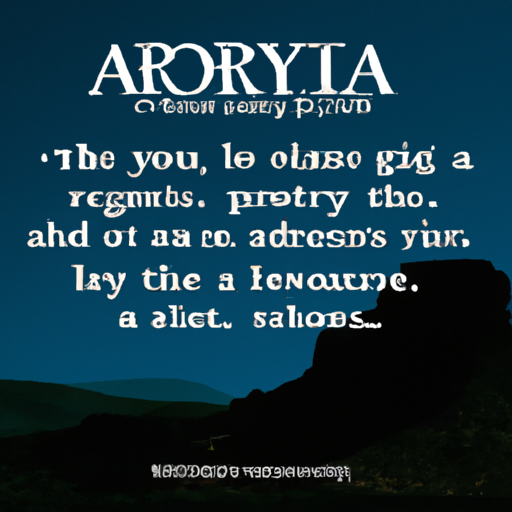
Plot Summary
Introduction to the Movie
“Agora” is a gripping historical drama that takes viewers on a journey back to ancient Alexandria in the 4th century AD. Directed by Alejandro Amenábar, the film explores the life and times of Hypatia, a renowned female philosopher and mathematician. As scholars and religious leaders clash in a battle of ideas, Hypatia finds herself at the center of a brutal conflict that tests her beliefs, courage, and the very nature of truth.
Setting
The movie unfolds in the vibrant city of Alexandria, Egypt, during the late Roman Empire. Known for its intellectual and cultural richness, this cosmopolitan hub becomes a microcosm of the conflicts between different religions and philosophies. The grand Library of Alexandria and the great Serapeum, symbols of ancient knowledge and spirituality, serve as crucial backdrops to the unfolding drama.
Main Characters
Hypatia, played by Rachel Weisz, is a brilliant philosopher, mathematician, and educator. Her deep passion for knowledge and dedication to the pursuit of truth make her a beloved figure in Alexandria, despite the prevailing notions about women’s roles. Orestes, played by Oscar Isaac, is the young prefect of Alexandria, torn between his love for Hypatia and the pressures of political and religious powers. Davus, played by Max Minghella, is Hypatia’s loyal slave, whose journey intertwines with her relentless pursuit of enlightenment.
Conflict and Resolution
The central conflict in “Agora” revolves around the clash between religious dogma and intellectual inquiry that unfolds against the backdrop of power struggles. Hypatia’s commitment to reason and science is met with hostility from religious leaders, who perceive her teachings as a threat to their authority. As political tensions rise and religious factions become increasingly radicalized, the city erupts into violence. Hypatia, torn between her pursuit of knowledge and her desire for peace, must navigate treacherous waters to ultimately find her resolution.
Historical Accuracy
Accuracy in Portrayal
Though “Agora” does take creative liberties for the sake of storytelling, it generally portrays the historical context of ancient Alexandria with accuracy. The film captures the essence of the turbulent era and the conflicts that swept through the city. Hypatia’s character is based on historical evidence and accounts, and the film strives to present her as a pioneering woman in a male-dominated society.
Historical Background
Alexandria, during the time depicted in the movie, was a melting pot of cultures, religions, and intellectual pursuits. The volatile political landscape witnessed the rise of Christianity, which clashed with traditional Greco-Roman beliefs. Religious tensions were rife, and the film accurately depicts the violence that erupted as a result.
Criticism
While “Agora” is generally applauded for its attention to historical detail, some critics argue that its portrayal of certain characters oversimplifies the complexities of their beliefs and motivations. Additionally, the film has been accused of perpetuating an overly one-sided view of the religious conflicts, painting religious figures as solely responsible for the violence and suppression of intellectual inquiry.
Religion and Science
The Conflict
The heart of the movie lies in the intense conflict between religion and science, personified by the clashes between Hypatia and the Christian church. As Hypatia continues to unravel the mysteries of the natural world through scientific inquiry, she becomes a threat to those who rely on religious doctrine for guidance. This clash of belief systems not only drives the narrative but also raises profound questions about the limits of human understanding and the struggle for intellectual freedom.
Religious Quotes
The film showcases the deep-seated religious convictions held by its characters. Cyril, the Bishop of Alexandria, embodies this clash, stating, “All wisdom is contained in the holy scriptures. Our ancestors knew much more than us.” This quote highlights the dogmatic nature of Cyril’s beliefs and the disdain for scientific progress. Hypatia, on the other hand, challenges these notions, saying, “You have no right to set men at each other’s throats to satisfy your own vanity,” advocating for reason and peace.
Scientific Quotes
As Hypatia passionately delves into scientific exploration, she presents compelling arguments for the pursuit of knowledge. She states, “To understand the universe, you must know the language in which it is written. And that language is mathematics.” This quote encapsulates Hypatia’s belief in the power of science and mathematics to unlock the secrets of the universe, offering an alternative lens to understanding reality.
Philosophical Themes
Freedom of Thought
The film grapples with the idea of freedom of thought, as Hypatia’s relentless pursuit of knowledge challenges the prevailing orthodoxies of her time. The narrative highlights the value of critical thinking and curiosity, emphasizing that society’s progress depends on individuals who dare to question prevailing beliefs.
Tolerance and Intolerance
“Agora” sheds light on the inherent tension between tolerance and intolerance within religious, political, and social contexts. While Hypatia represents the embodiment of tolerance and intellectual freedom, the rigid church hierarchy and violent mobs highlight the dangers of unchecked fanaticism and its consequences for a diverse society.
Knowledge and Power
The movie provokes thought on the relationship between knowledge and power. As Hypatia’s thirst for knowledge threatens the authority of the religious establishment, the struggle for power comes to the forefront. “Agora” underlines the notion that knowledge, when wielded wisely and with integrity, can challenge existing power structures and inspire societal transformation.
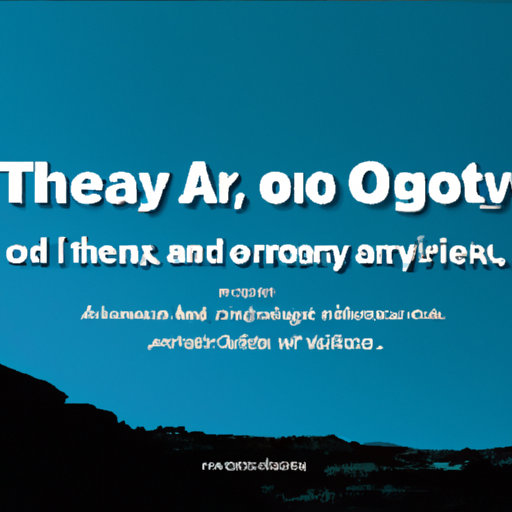
Character Quotes
Hypatia Quotes
Hypatia’s character is filled with insightful quotes that reflect her resilience and intellectual prowess. She says, “Wherever I turn, I see slaves, and beneath the whip, I see a cowled priest.” This quote reveals her awareness of the oppression faced by the marginalized and her understanding of the intertwined nature of political and religious domination.
Orestes Quotes
Orestes, torn between his love for Hypatia and his duty, offers nuanced insights. He muses, “Can knowledge be put on a scale, or compassion in a balance? Yet every mother in the marketplace weighs her child against the price of fish.” This quote captures the complexity of Orestes’ struggle and the perpetual clash between personal desires and larger societal issues.
Cyril Quotes
Cyril, the Bishop of Alexandria, represents the rigid religious ideology of the time. His quotes reveal his unwavering beliefs, such as “Faith, my friends, is a mystery, and a glorious mystery once revealed and embraced.” These words highlight Cyril’s unwavering devotion to faith and the power it holds over the masses.
Romantic Relationships
Hypatia and Davus
Hypatia’s relationship with her loyal slave, Davus, adds a layer of complexity to the narrative. As Davus wrestles with his feelings for Hypatia while being her devoted servant, their bond reflects the limits society places on personal relationships and the far-reaching consequences of societal expectations.
Hypatia and Orestes
The forbidden love between Hypatia and Orestes heightens the dramatic tension in the movie. Their relationship transcends the boundaries set forth by their respective societal positions, showcasing the power of love to challenge societal norms and bridge ideological chasms.
Gender Roles
Hypatia as a Female Scholar
Hypatia’s character challenges traditional gender roles, portraying her as a highly respected scholar and philosopher in a male-dominated society. She defies expectations and societal norms, paving the way for future generations of women to assert their intellectual abilities and pursue their passions.
Portrayal of Women in Ancient Alexandria
“Agora” depicts the limited opportunities available to women in ancient Alexandria. Women were often marginalized, confined to domestic roles, and denied access to education. The film sheds light on the courage and resilience of women like Hypatia, who defied societal expectations to thrive in intellectual pursuits.
Quotes About Power
Political Power
The struggle for political power is a recurring theme in the movie. Orestes articulates this struggle, stating, “Only one of us understands the mystery. The battle between families is the battle between those who have loved and those who have only fought.” This quote reveals the dichotomy between those who seek power for personal gain and those who are motivated by love and compassion.
Religious Power
Religious power finds expression in Cyril’s words: “Philosophy has no place within the faithful. All understanding is contained in the dogma.” This quote highlights the religious establishment’s desire to squash intellectual inquiries and maintain their dominance.
Intellectual Power
Hypatia’s passion for knowledge is revealed through her words: “I believe that the whole human race is above all else both curious and generous.” This quote showcases her belief that knowledge has the power to unite people and transcend the narrow confines of power struggles.
Quotes About Democracy
Political Perspectives
Different characters in the film express varying opinions on democracy. Hypatia opines, “What most counts is balance. When Rome was a republic, it grew into a great nation. When it became an empire, it fell.” Her view emphasizes the importance of democratic governance as a means to safeguard stability and avoid corruption.
Citizenship and Participation
Orestes adds to this perspective, stating, “If the city were a body that died when the first citizen died, how would each of us be remembered? Is democracy nothing more than inscribed names?” This quote underscores the need for active citizenship and individual participation to nurture a thriving democracy.
Impact and Reception
Critical Reception
The release of “Agora” garnered critical acclaim, with praise for its captivating storytelling and strong performances. The film’s artful depiction of the historical setting, its exploration of complex themes, and its promotion of intellectual freedom resonated with audiences and critics alike.
Cultural Influence
“Agora” left a lasting impact on audiences, sparking discussions about the power of knowledge, the importance of tolerance, and the enduring struggle between religion and science. The film’s portrayal of a pioneering female scholar in a male-dominated world continues to inspire women in academia and beyond, encouraging them to challenge societal boundaries and pursue their intellectual passions.
In conclusion, “Agora” offers a thought-provoking and historically immersive cinematic experience. Through its engaging plot, well-rounded characters, and exploration of themes pertinent to both ancient and modern times, the film celebrates the pursuit of knowledge, challenges societal norms, and encourages dialogue on the delicate balance between faith, reason, and power.







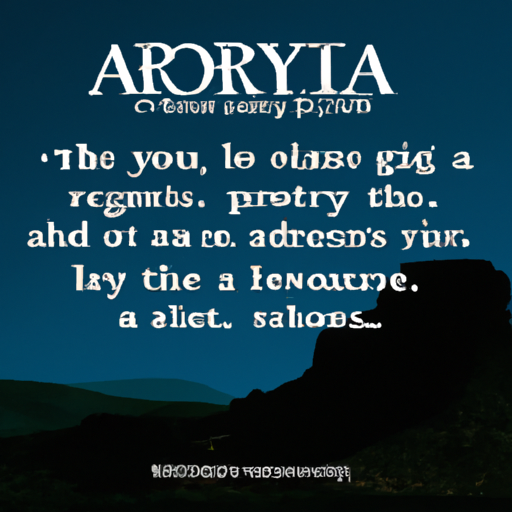

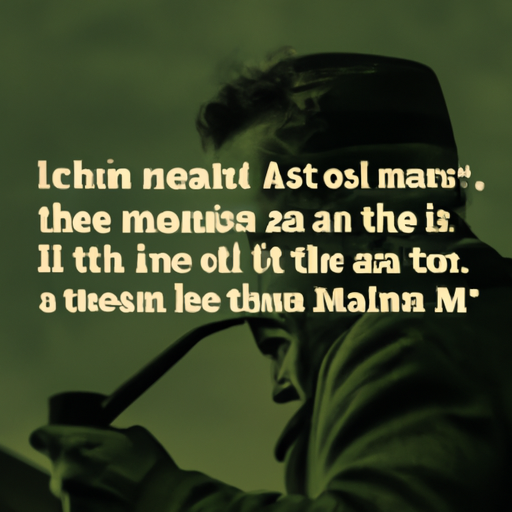


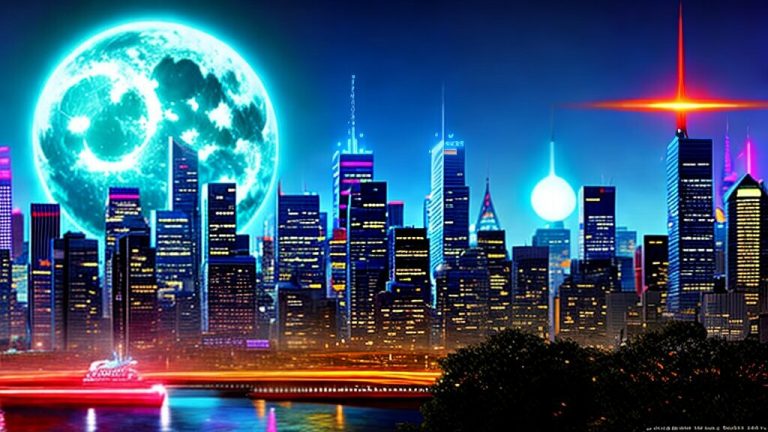
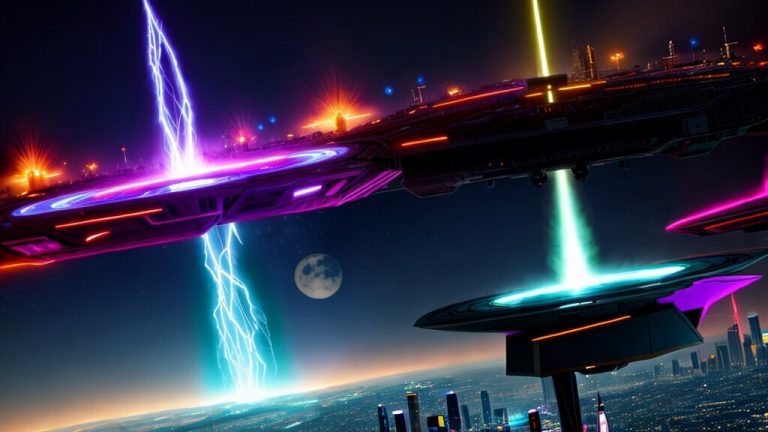


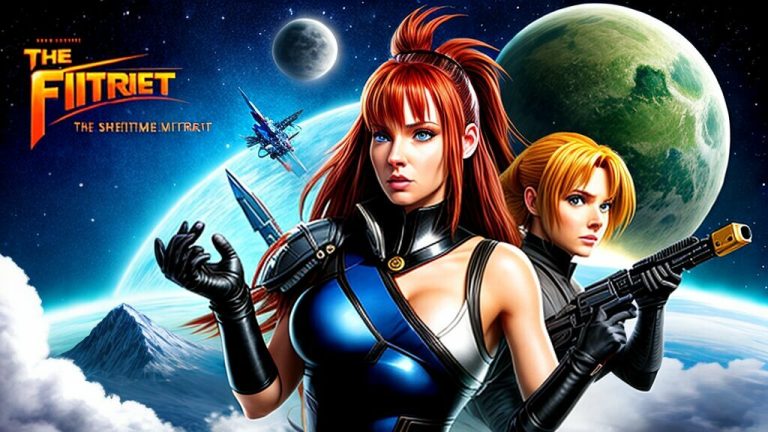


+ There are no comments
Add yours